Hunza – the land of Fairies, Maharajas, and mythical stories. The land where so many diverse languages, beautiful cultures, and beliefs thrive. The land of tolerance and acceptance. The land that many end up calling “Home”, not only because of its enchanting beauty of mystic tales – but because of the hospitality and love of the people who reside there.
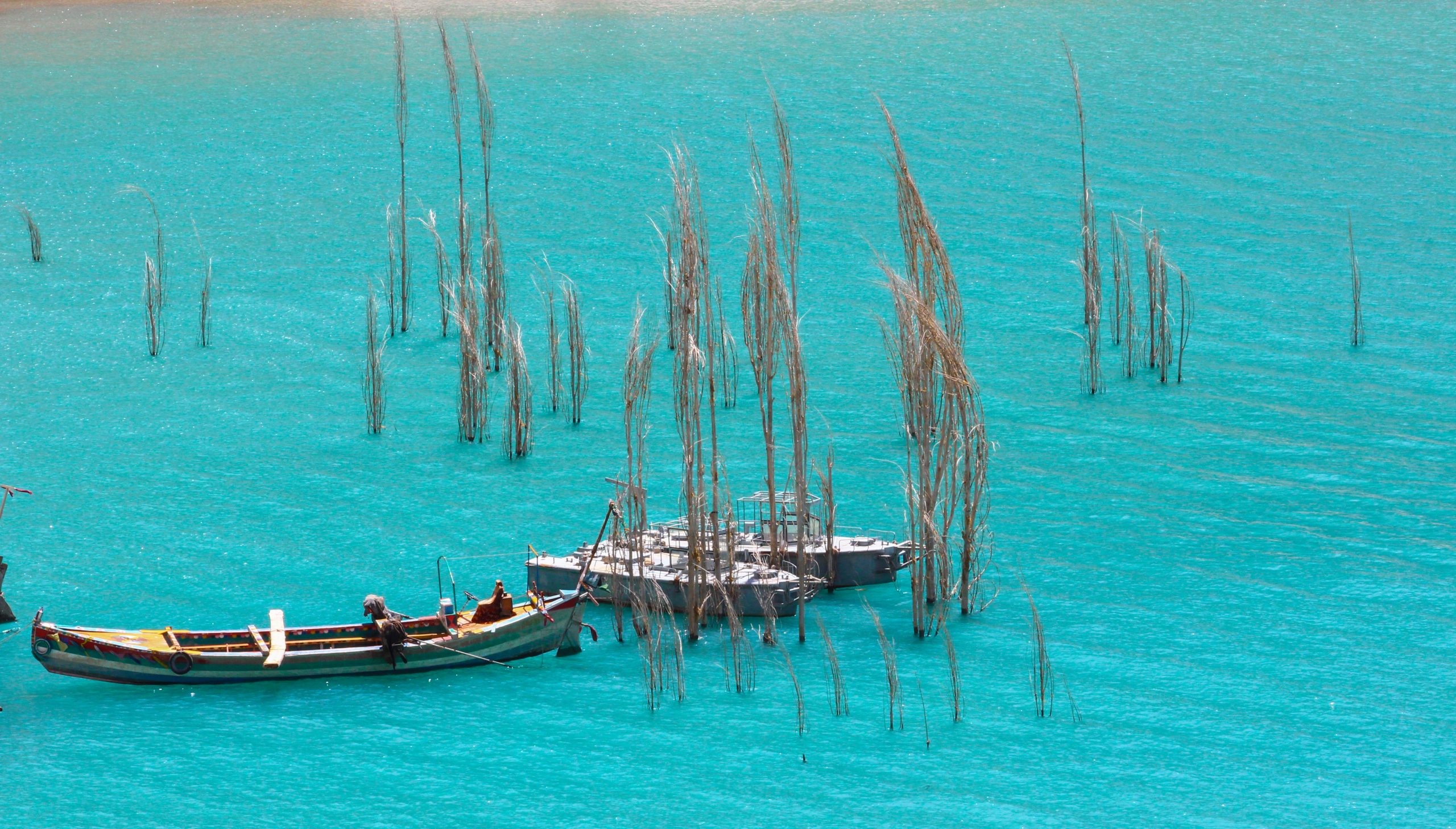
The dry mountains of Karakoram and Hindukush carry in their lap some of the biggest glaciers of the world and some of the remotest settlements still preserving their heritage and culture. Their valleys cupped and hidden away from the KKH, the streams, and rivers of emerald and blue flowing beneath the deadly tracks leading to these little pieces of heaven where one witnesses the wonders of nature and distinctive species found nowhere else on earth.
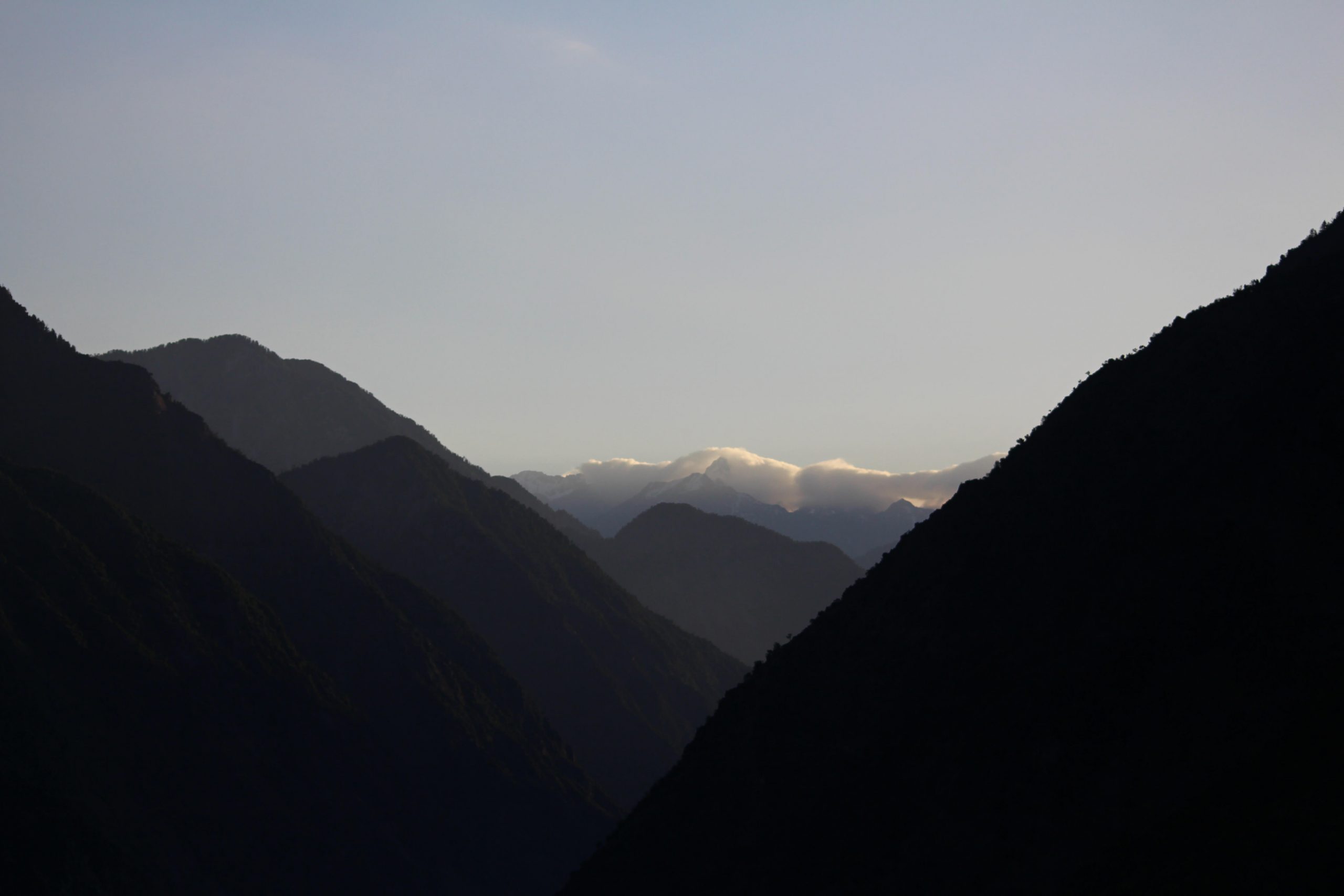
The land of Yak, Marco Polo sheep, Ibex, and Snow Leopards. The land of delicious organic food that leaves its taste forever on your tongue. The warmth of those beautiful houses covered with wooden rooftops and the central opening where the light enters not only in their homes, but also in one’s heart. Everything there is magical; from the splashes of water to the rays of the sun, from the rhythm of the Tombak to their dance moves, there is music in everything narrating old folklores. They are known as some of the most cultured civilizations of not only this country, but the world. They have been winning hearts globally with their own hearts bigger than those mountains.
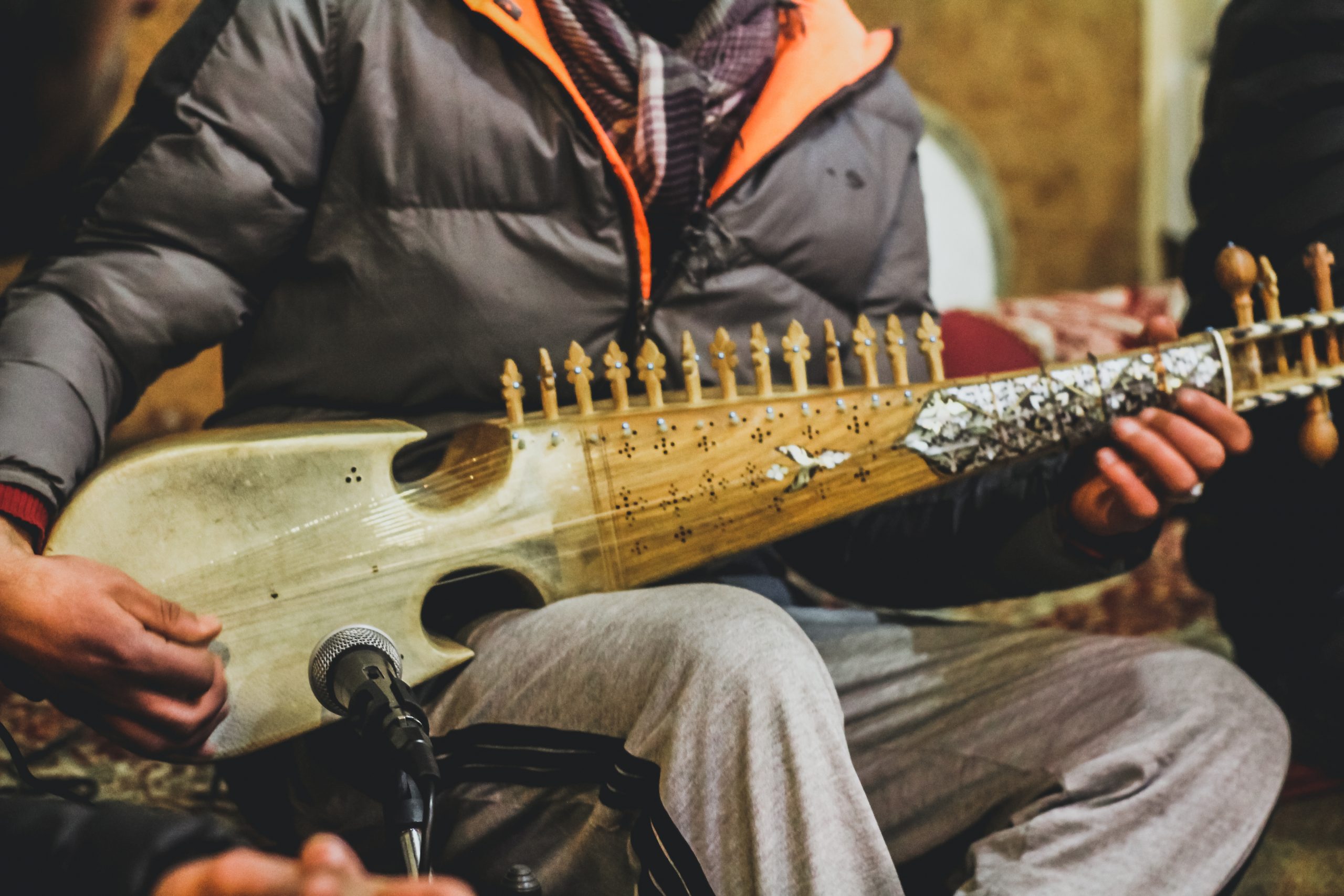
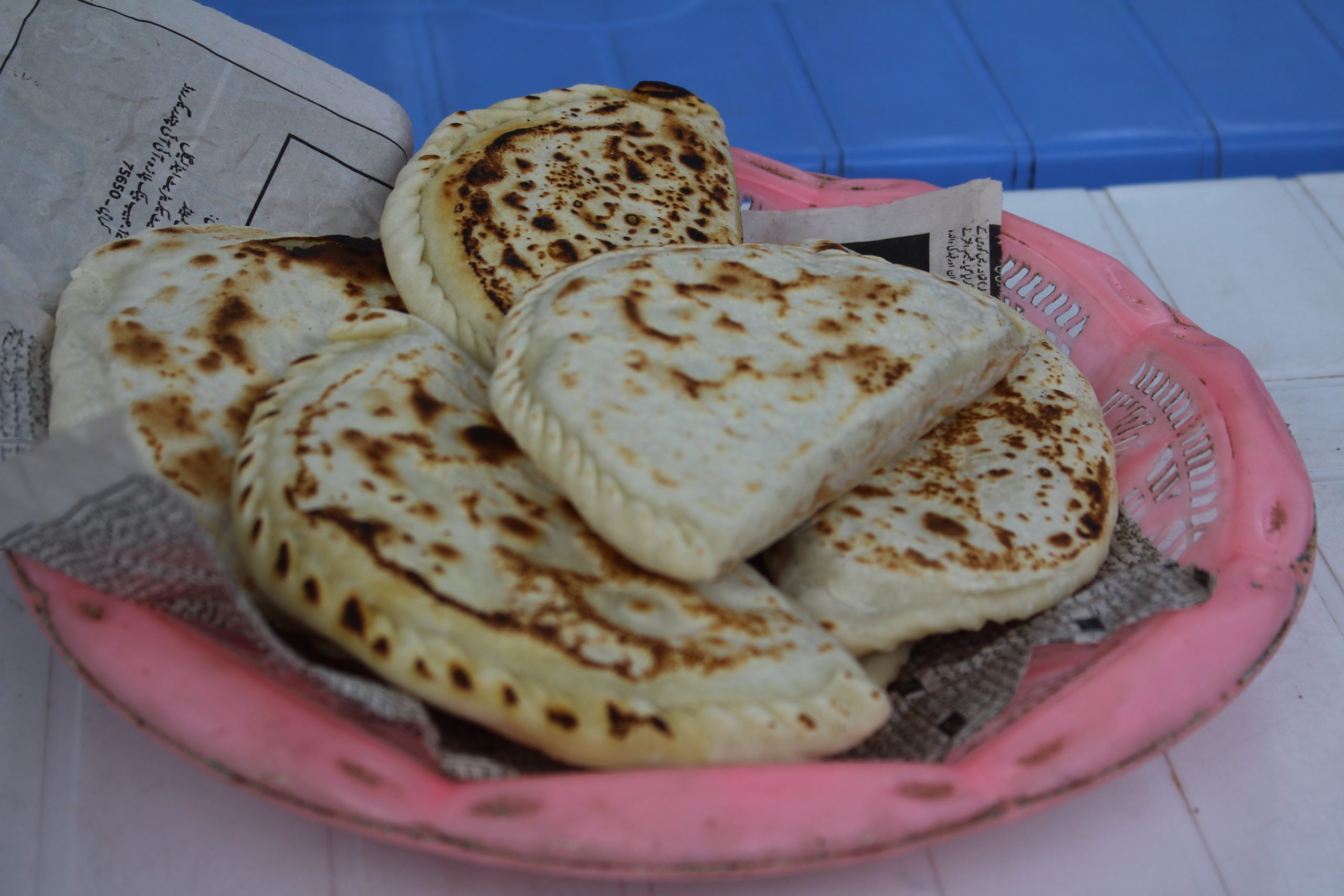
Hunza and its surroundings have been home to foreign tourists and mountaineers since ages but ever since 9/11 the numbers dropped dramatically. The livelihood of many was affected by this, especially those connected directly with the tourism business; hotels, porters, transporters, etc. However, over the past few years Hunza has become an attraction for local tourism, which is great for their economy, but also has its downside. With the boom of local tourism (thanks to social media) this gap of downfall in tourism has been bridged, but consequently many other gaps have now been created – and no one knows how and when they will be filled.
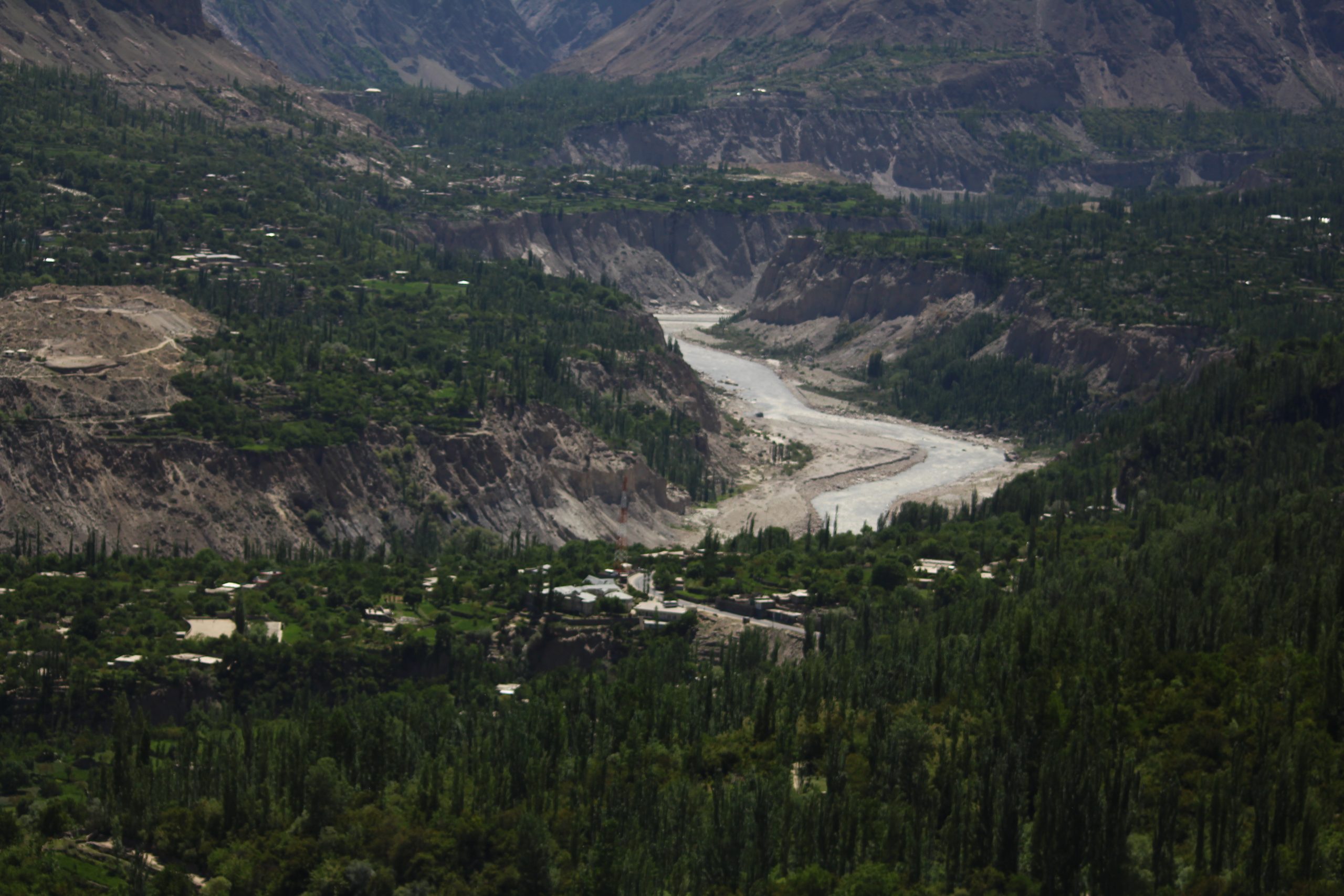
I still remember when I took my first trip to Hunza back in 2016. I was awestruck by not just the beauty of this valley, but by the manners and strong community system that these people had maintained over hundreds of years. You will often come across kids on the streets saying kind words like Thank you, Welcome, and Sorry. It is a common practice for local women and men to kiss the back of each other’s hand as a gesture of “salam” a greeting.
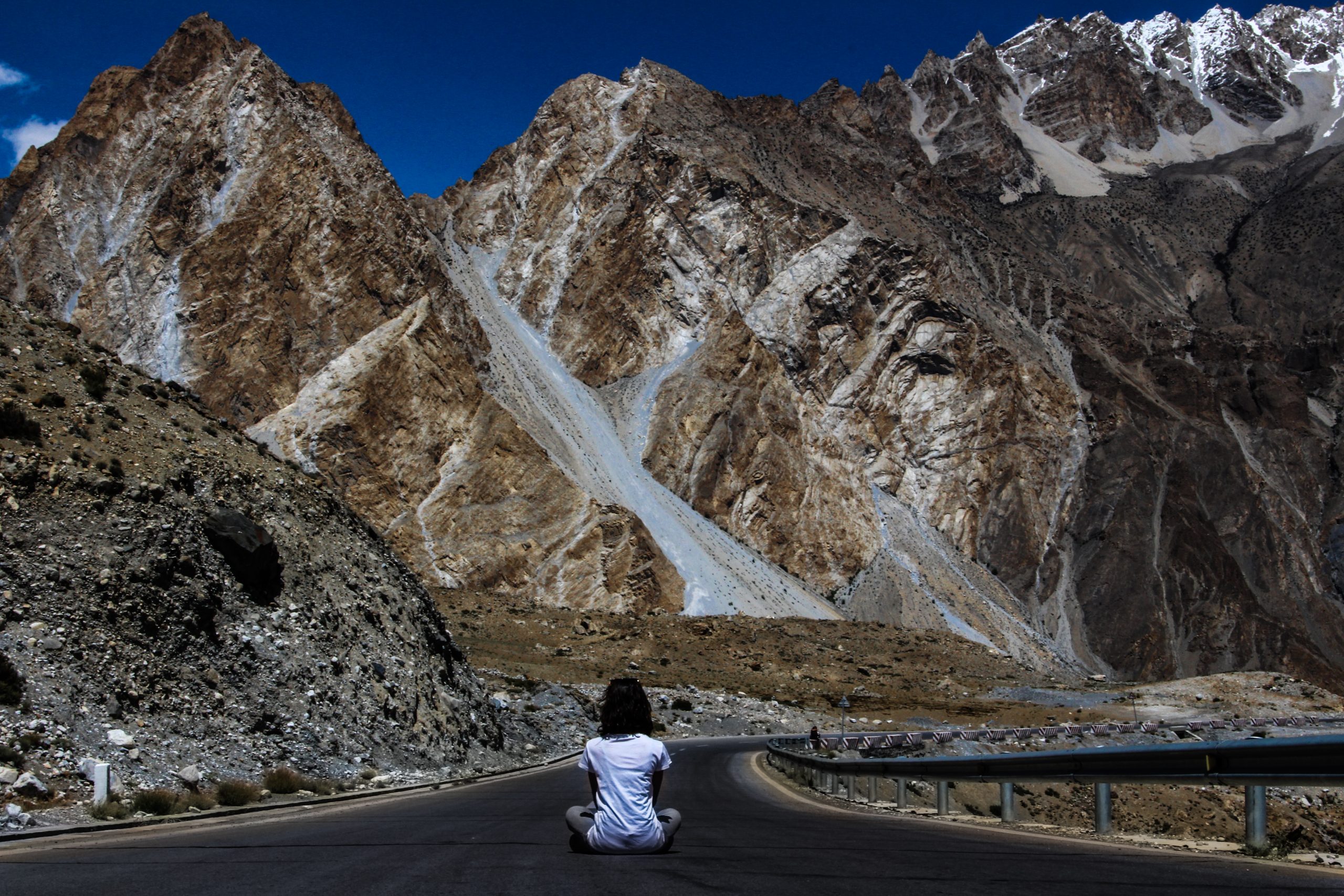
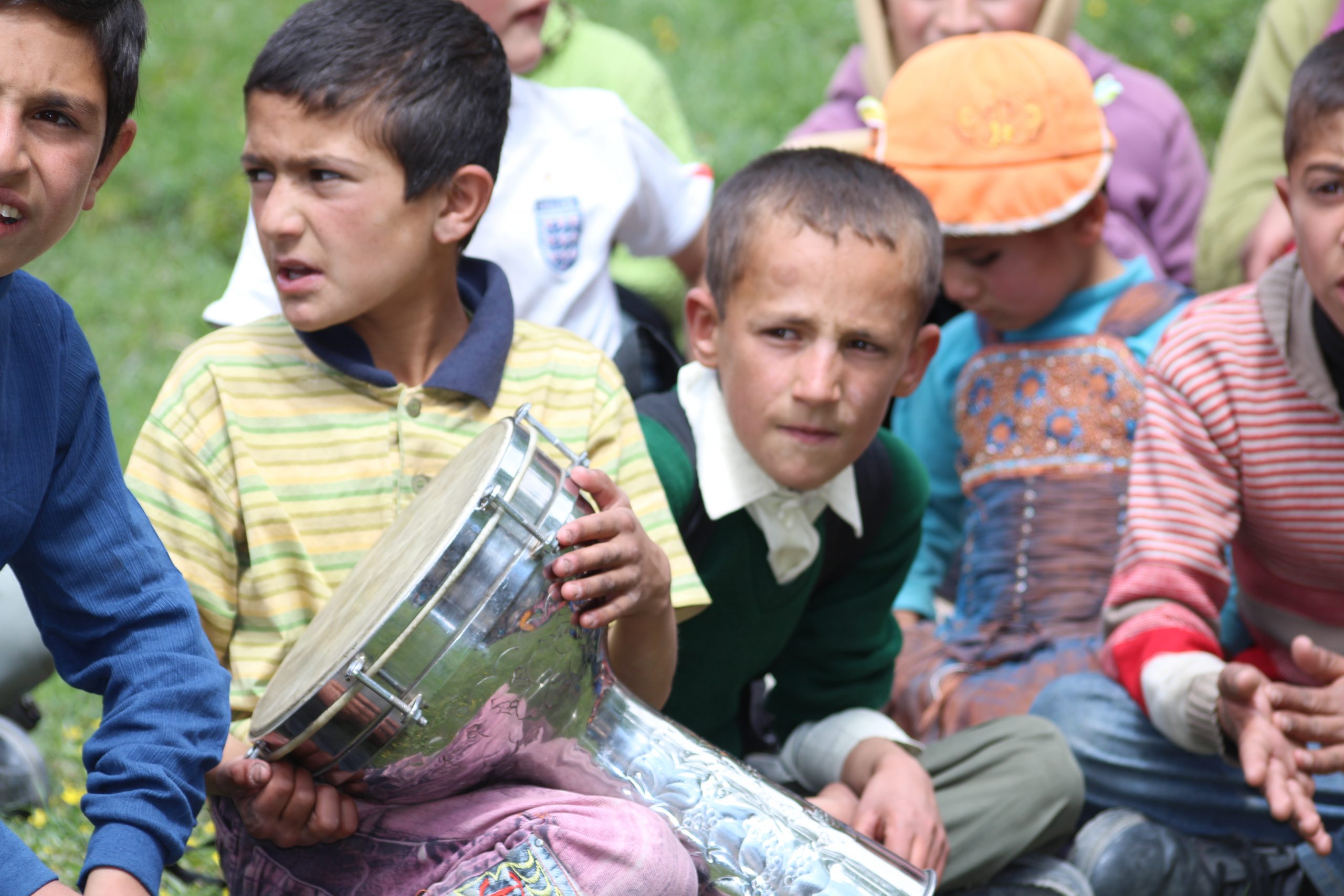
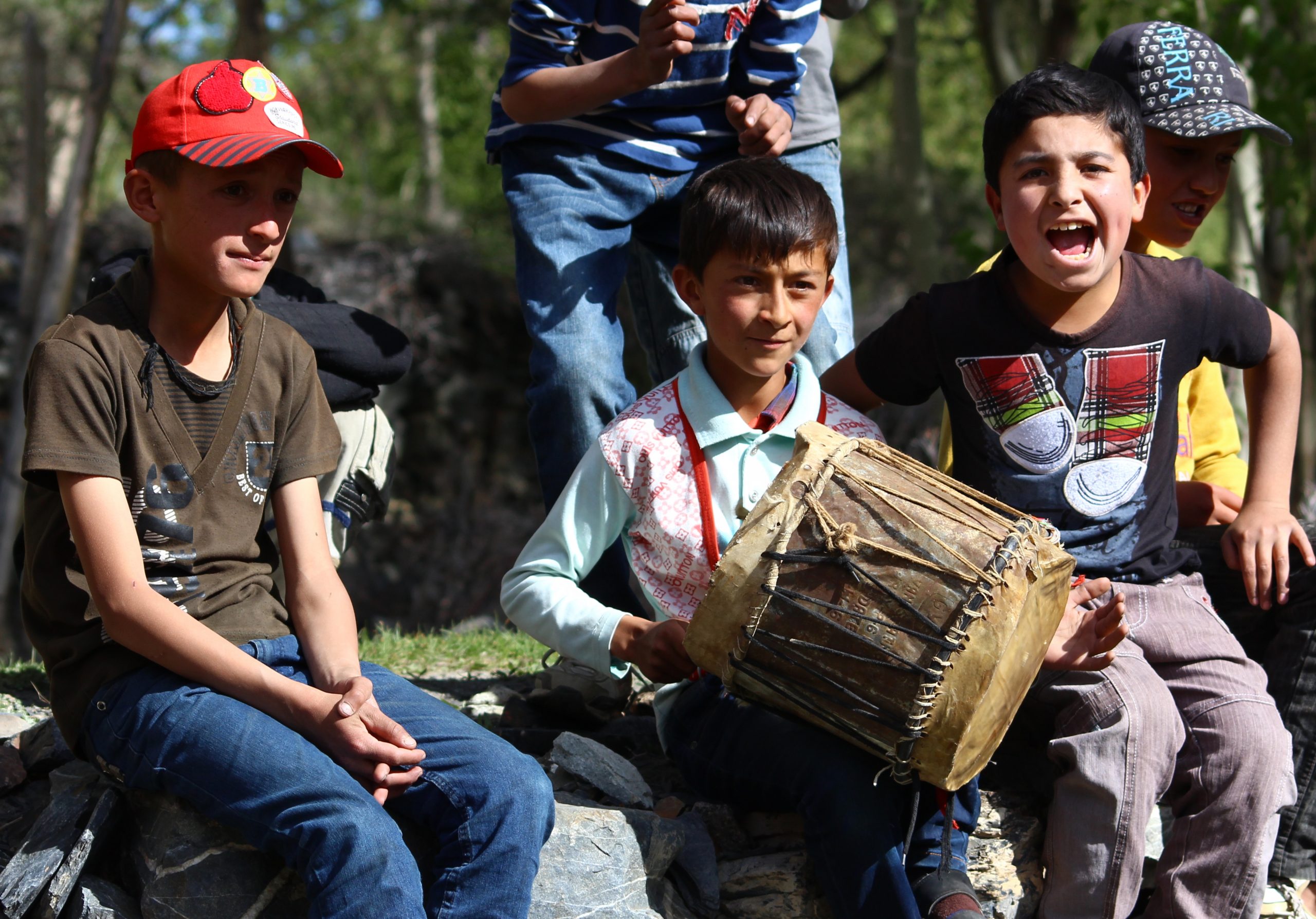
A land that is free of gender discrimination, where women work as shopkeepers and carpenters, run hotels and vocational centers. Women there even play sports such as football and volleyball and represent their region on both national and international levels. It is needless to say that women are also at par with men in education – no wonder the literacy rate of Hunza is the highest in the entire country. For strangers like myself, the doors of their houses are always wide open, there is only one condition to receive this warm welcome that we keep our filth outside and bring inside only goodness.
With the influx of tourism where many hidden gems have been brought to light, and in access to the public at large, the bigger problem of responsible tourism has come to the surface. Nations across the world enjoy the beauty of their lands and promote tourism by preserving what they deem so worthy of cherishing so that more people can come and witness what mother nature has blessed them with. However, here the trend seems to be a bit upsetting in the past couple of years, as families, couples, individuals not to forget the newbie photographers with their brand new DSLRs, and of course the selfie lovers have gone to explore these regions, and returned with many precious memories and beautiful pictures. But the more important question here is, what else did they bring along? And what did they leave behind?
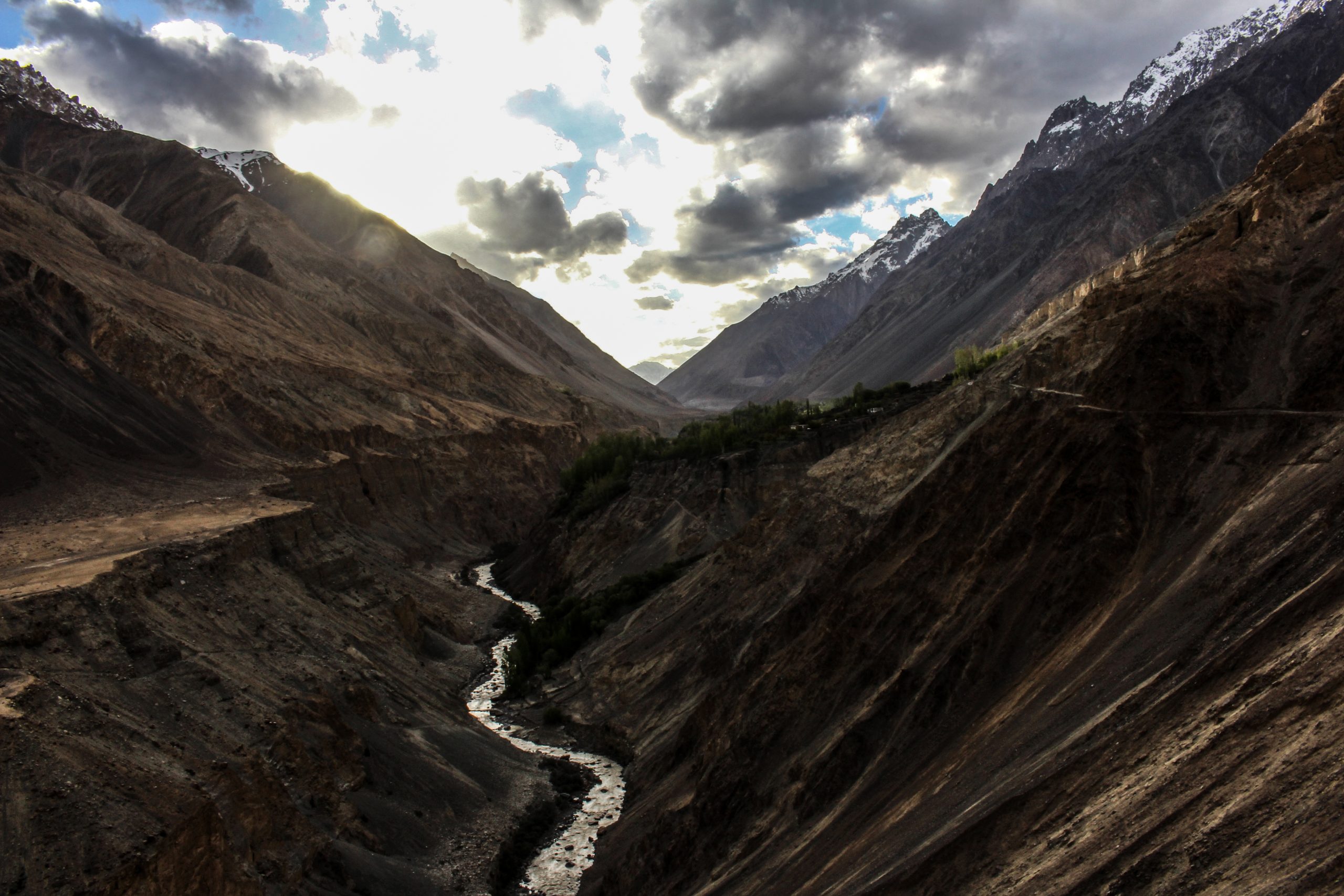
Unfortunately, the answers to those questions for most people are very disappointing. They brought back absolutely “NOTHING” from the beautiful culture and values of this region. These people left behind only “TRASH”, which not only destroys the natural beauty of the area but also causes climate change/global warming, making the lives of the local inhabitants miserable. The situation of trash in the valley is getting so ridiculous that local bodies have to take volunteers from the community on cleanup drives after peak tourist season to do damage control.
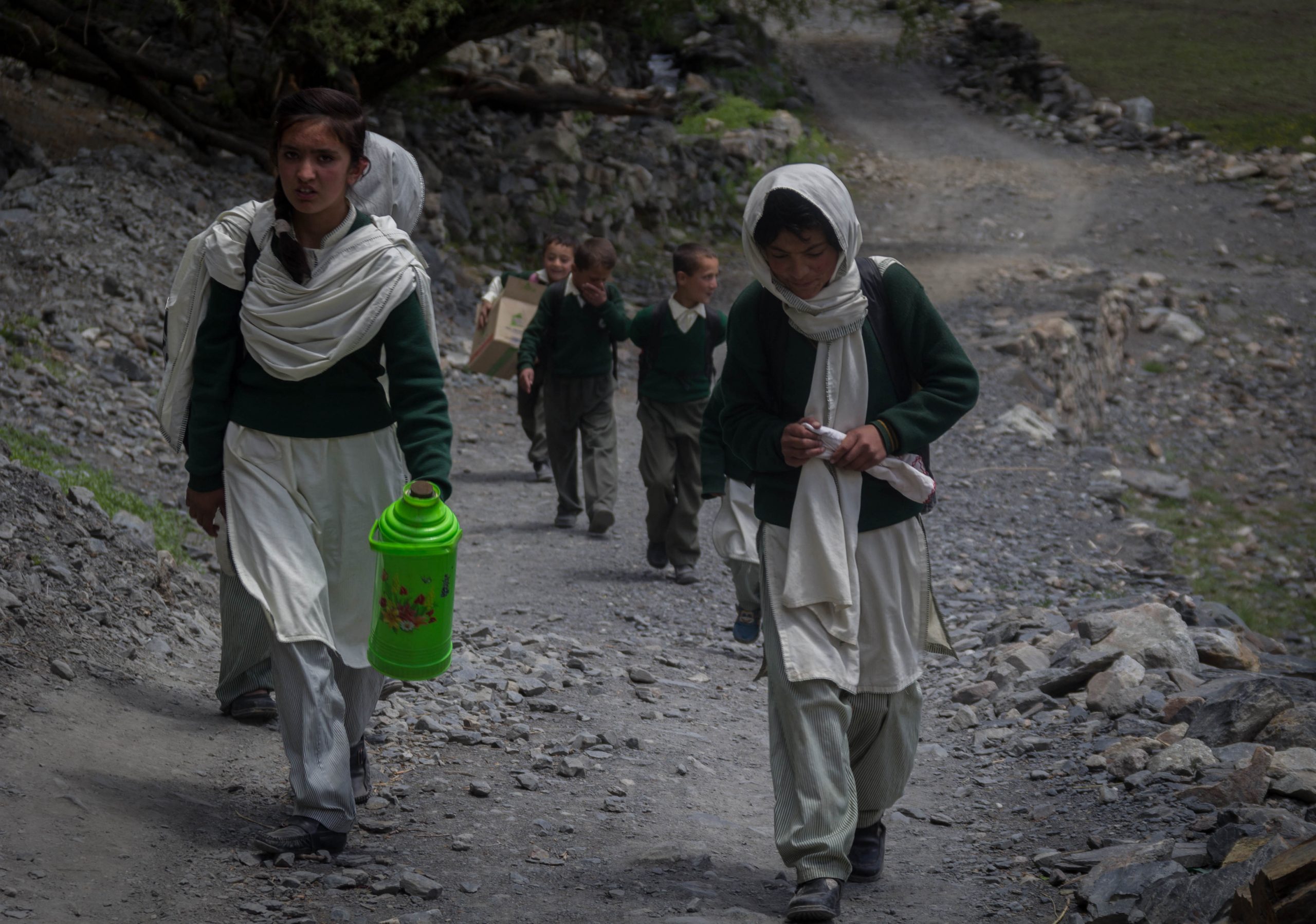
I believe travel changes one. As Ibn e Batuta once said, “Travel leaves you speechless, then turns you into a storyteller”. Many get a chance to travel to this magical land but they return empty-handed. Not because they were not offered anything, but because they did not go there with an open mind and heart.
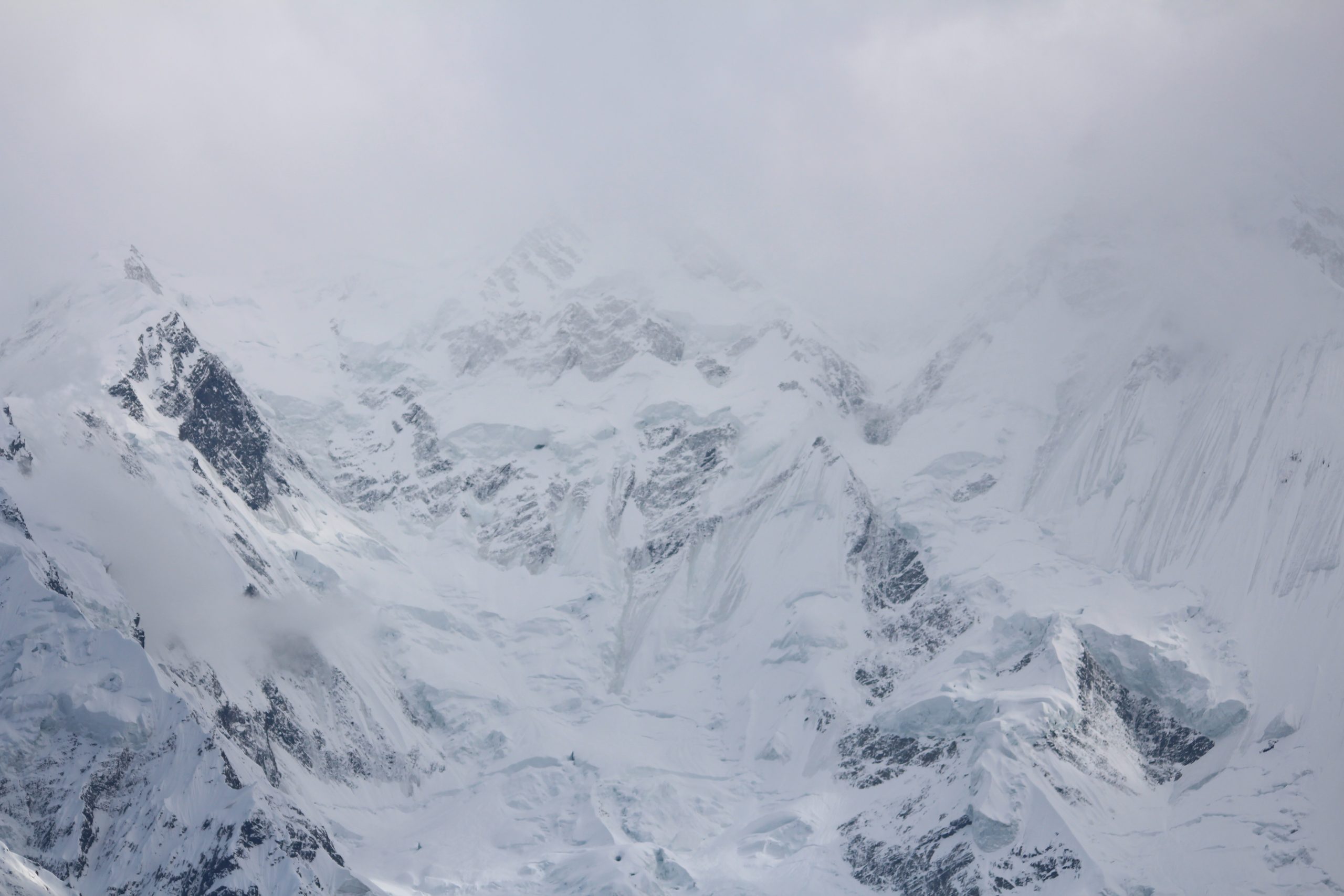
We, the civilized people of the cities have corrupted their land with not only litter and garbage of the fancy foods and drinks we take along and throw away as if it is our birthright – which by the way is a serious concern, but the local communities are also having a hard time coping up with this problem without offending their guests. But that is not the only filth we leave behind, we also violate the local norms of their society by taking our inner demons along with us, and letting them loose in the wilderness of this pure land.
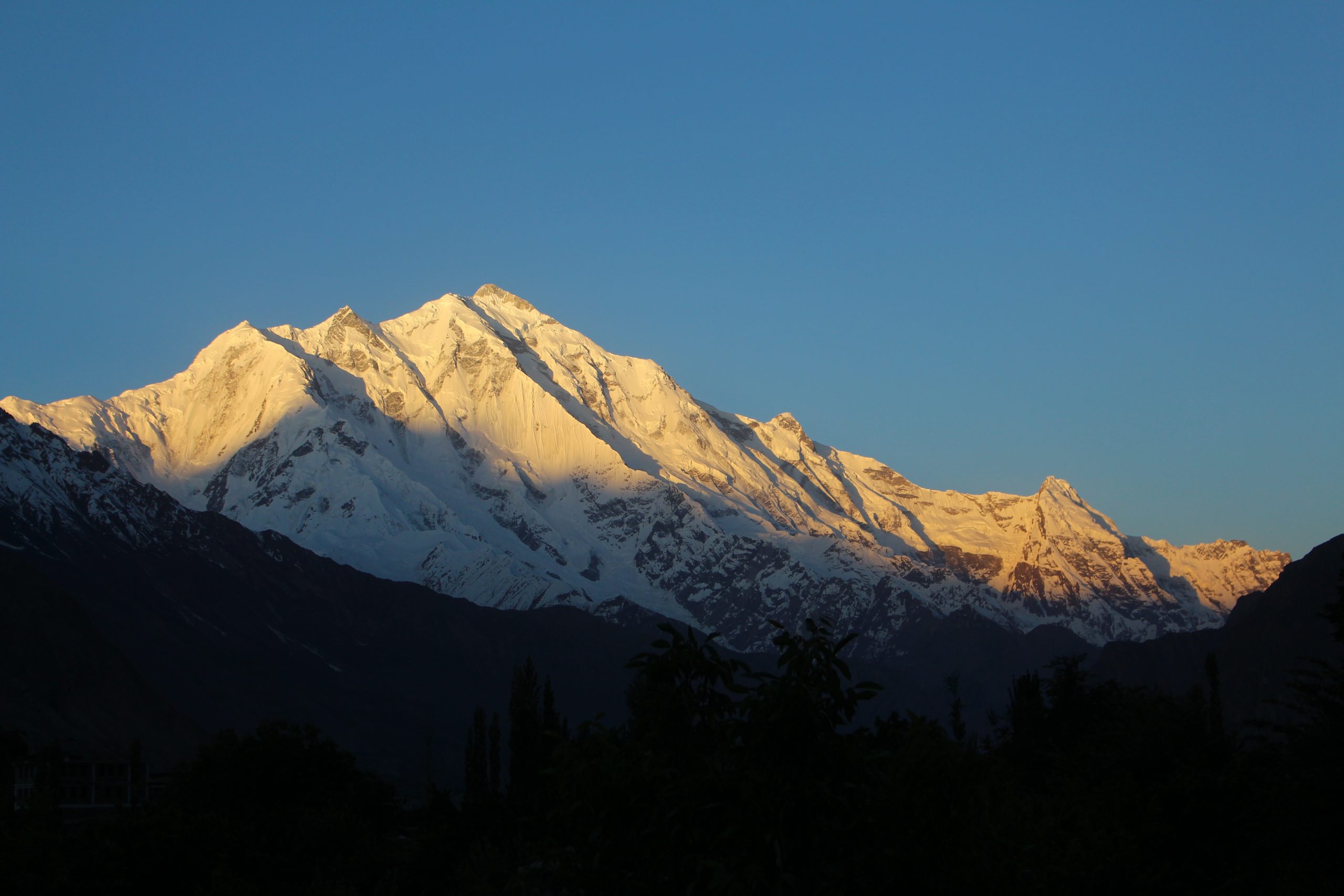
In the past few years, local communities have complained of the way men from the cities behave inappropriately around not just their local women, but even females traveling to their regions from the cities. The biggest example of this has already been witnessed in the form of problems being faced by the Kalasha community in the growing years. This issue is so deep-rooted that we cannot cover all the aspects of this problem in one write-up, but the dialogue must start. We need to mend our ways before it is too late, and we lose what we call “a little piece of heaven” that we all need in order to escape the noise and corruption of our bigger cities.
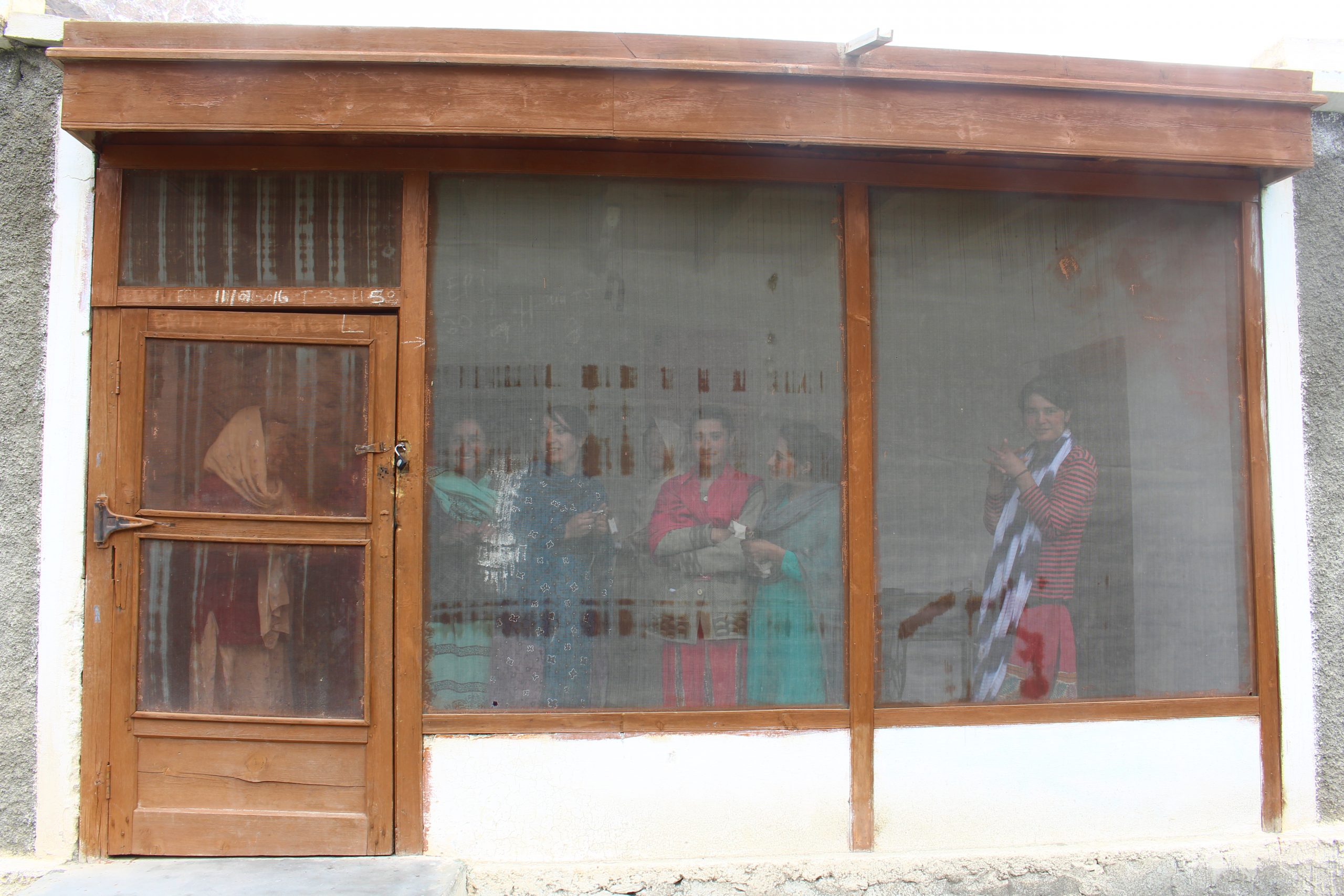
My first trip was meant to be a community service project, and I promised myself to do the best I could for these people. Eventually, I realized that it was not them who needed us, but the other way around. I found a home in this valley. Ever since I have been visiting Hunza every year – often twice a year. Each time I am welcomed with the same warmth and love, and learn something new from these people.
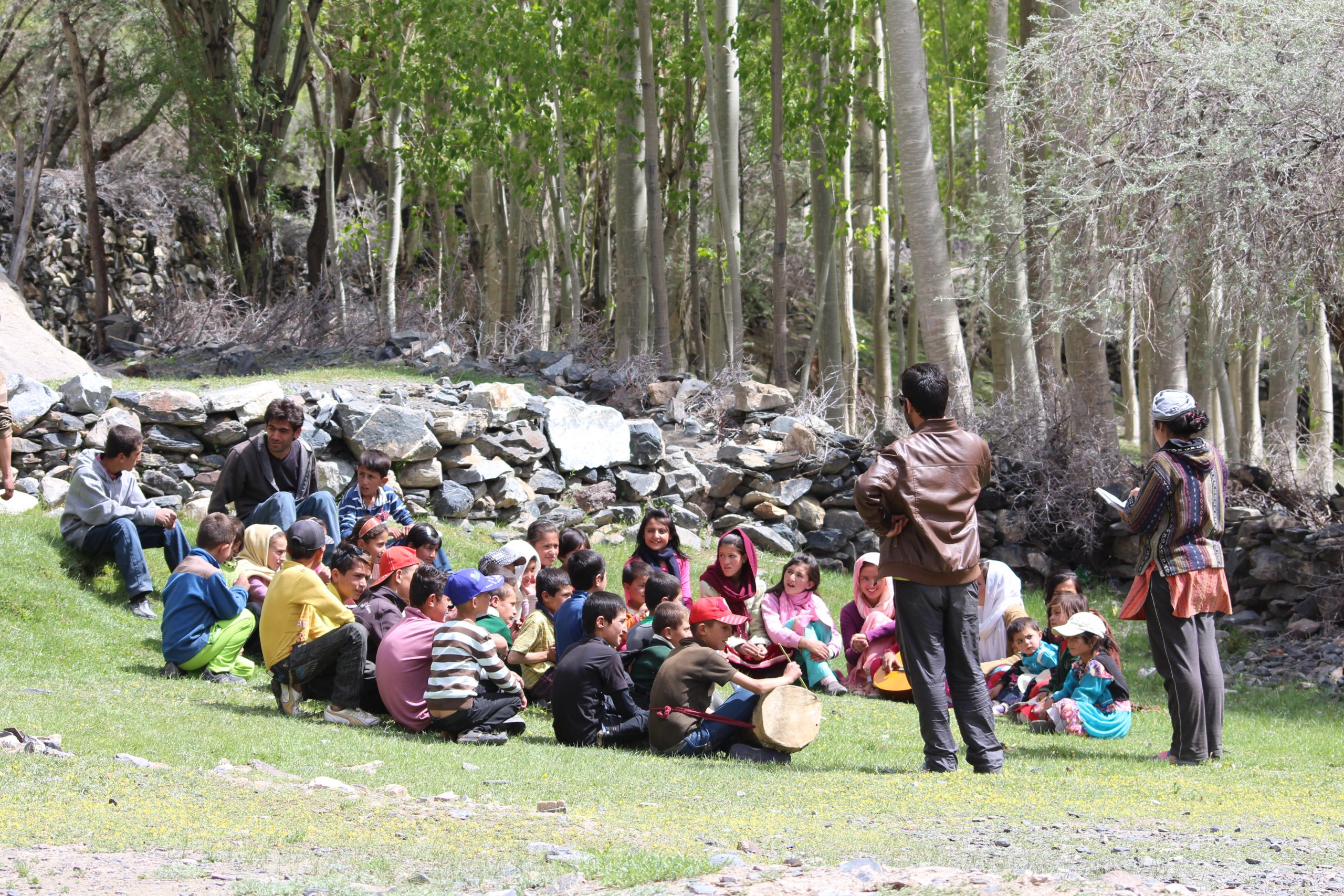
The most disturbing change I have seen in Hunza over these years is how this land has fallen prey to commercialization. How travel has been turned into a tool of seeking acceptance and attention in the world of social media. Everybody wants to add the terms “wanderer” and “storyteller” to their Instagram and Facebook bios and post colorful pictures with deep captions. I am afraid the projection is far from reality, and no one is shedding light on the dynamics of changing environmental and social conditions in the region. Hunza may appear to be an exotic getaway for all classes and genders today, but we are going to lose this gem if God forbid it turns into something like “Murree Mall Road” in the years to come, where it is hard to even walk or breathe in peace. Hunza is a gift of God for us. Let’s not exploit it, and try to do everything in our power to preserve it for our generations to come.
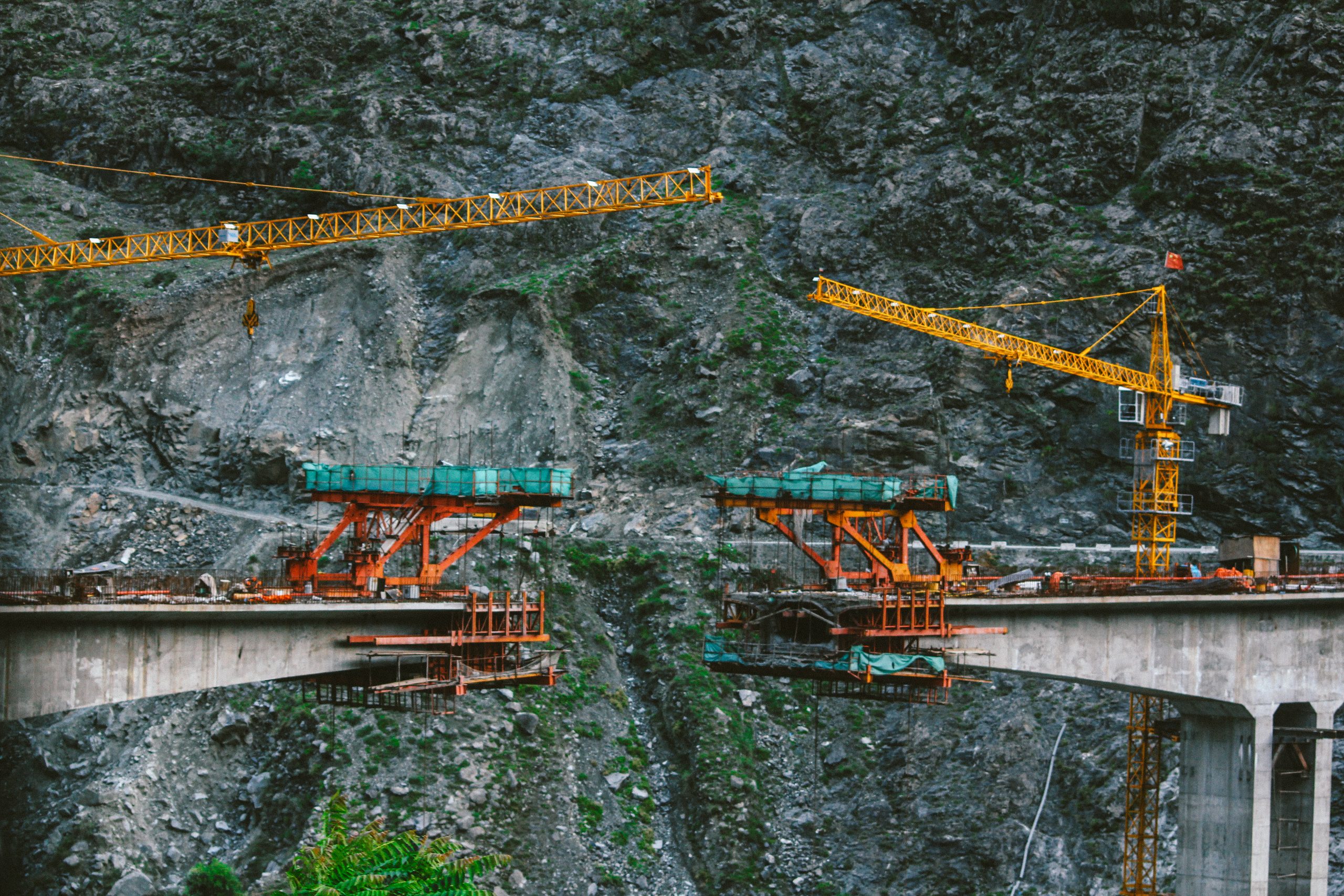
We here at The Mad Hatters provide you with the opportunity to travel, explore and enjoy RESPONSIBLY! Learn and educate yourself before you pack your bags for Hunza!
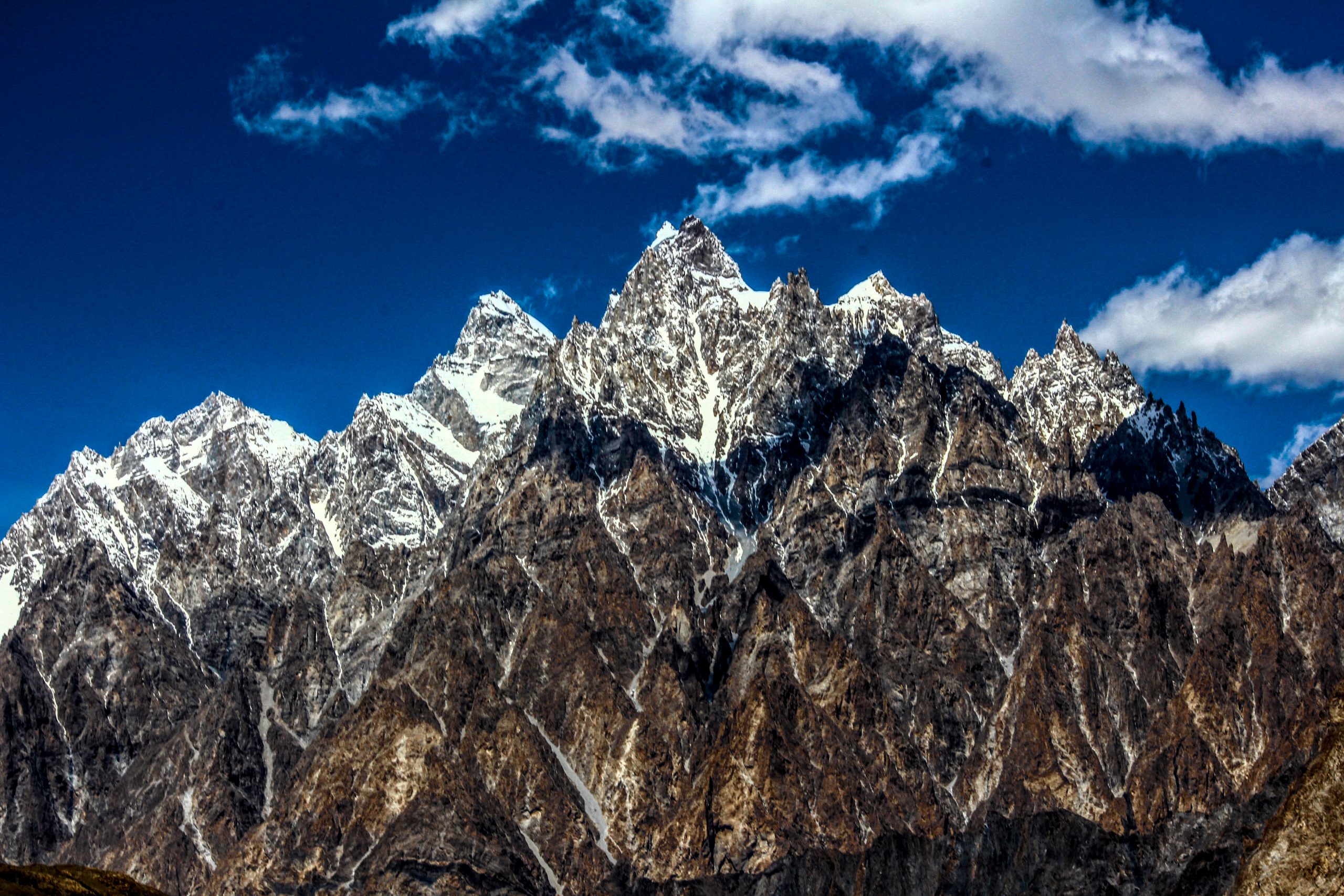
Written by: Zubaria Jan
